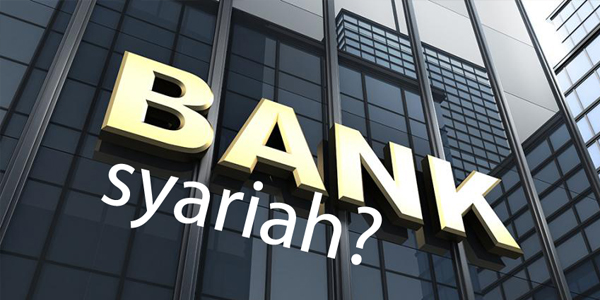The market share of Islamic banking in Indonesia remains relatively small, retrieved from Bisnis.com, with the Financial Services Authority (OJK) reporting that as of August 2024, it stands at just 7.33%. This figure reflects a minimal increase over the past five years, moving from 5% to 7%. Pandji P. Djajanegara, the Director of Sharia Banking at CIMB Niaga, expressed concern over the stagnation of market share in recent years. However, he is optimistic about significant growth under President Prabowo's new administration. He believes that the market share could rise to at least 10% in the next five years, driven by strategic government initiatives.
Pandji pointed to the seriousness with which President Prabowo is approaching the Islamic finance sector, as evidenced by the establishment of important roles within the cabinet, such as the Special Advisor to the President for Hajj Affairs and the Halal Product Assurance Agency. He indicated that the appointment of individuals at ministerial levels focused on halal matters could positively influence policies affecting the Islamic banking industry in Indonesia.
Moreover, Pandji noted that the government's inclination to enhance the Islamic banking sector is evident. The existing infrastructure and new products indicate readiness for growth. He mentioned that during President Jokowi's tenure, much of the focus was on preparation and product development. With a robust foundation in place, the next five years could see Islamic banking take off.
Despite the current challenges, Pandji sees considerable potential for Islamic banking penetration in Indonesia. While the absolute figures show significant growth—Islamic banking financing increased by 11.65% year-on-year to reach Rp620.33 trillion as of August 2024—its relative market share has not seen the same dramatic rise. Assets in Islamic banking grew by 10.4% year-on-year to Rp902.39 trillion, and third-party funds (DPK) increased by 11.43% to Rp705.18 trillion.
However, the primary concern remains the slow growth in market share, which has only shifted from 5% to 7% over the last five years. This stagnation obscures the substantial growth in absolute terms, even as Islamic banking experiences higher growth rates than conventional banks. The challenge for the industry is to convert this growth into a more significant market presence.
In light of these dynamics, the potential for Islamic banking in Indonesia is noteworthy. As the government takes proactive steps and more strategic positions are created, the environment may become increasingly conducive for growth in the sector. The Islamic banking industry, while currently small, could harness these developments to improve its market share significantly in the coming years.
BISNIS.COM
Read More






 Thursday, 05-03-26
Thursday, 05-03-26







